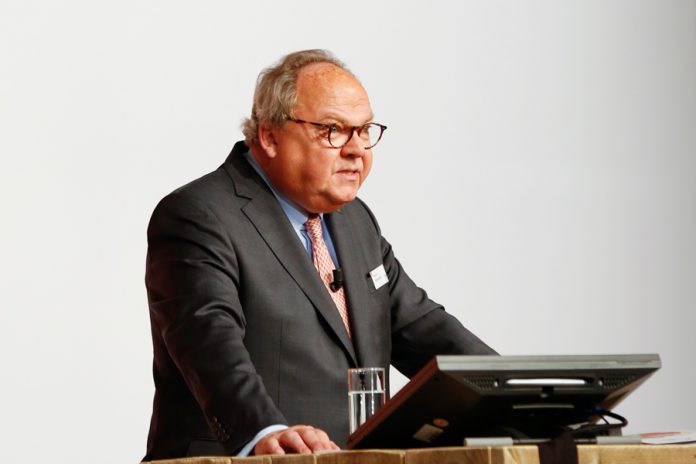
Established in 2011, membership of the SAVE FOOD Initiative has now passed the 1,000 member mark. The 1,067 supporters currently registered include groups of companies, firms and professional associations as well as research institutes and NGOs from the entire food value chain. With Lidl Deutschland as the latest member, retail is now also represented as an important link in this supply chain.
“I am delighted that such a well-known retail company as Lidl Deutschland now also supports SAVE FOOD. Due to their proximity to consumers, food retailers, in particular, can make a substantial contribution to reducing food waste in the interest of sustainable use of resources,” said Werner Matthias Dornscheidt, president and chief executive officer of Messe Düsseldorf.
According to FAO estimates, one-third of all foodstuffs produced are lost or wasted. The reasons for food losses and waste differ by region: in the less developed countries of our world up to 40% of food perishes every day before it even reaches the consumer. By contrast, western industrialised nations such as Germany experience food waste predominantly at the end of the food value chain, especially in consumers’ homes.
The aim of the SAVE FOOD Initiative as a joint project with the Food and Agriculture Organisation of the United Nations (FAO), the United Nations’ Environment Programme (UNEP) and Messe Düsseldorf is to reduce food waste and food losses on a global scale. To this end it focuses on measures involving all parties concerned. The first step is to raise awareness about the issue and to pool the expertise of both public and private organisations. By creating the conditions needed for members to network with each other, it is hoped fundamental strategies will emerge to bring about concrete engagement and investment possibilities.
As a forum for members to exchange information and network, the Initiative organises events at regular intervals – such as the SAVE FOOD Congress held every three years at interpack since 2011, and the SAVE FOOD Meetings in the years in-between. After the first meeting at Nestlé in Vevey, Switzerland the second event was held in Madrid in 2016 featuring the participation of the Spanish industrial associations ‘Exporters and Investors’ Club’ and AECOC/GS1. Her Majesty Queen Letizia of Spain was among the participants.
To generate knowledge about food loss ‘mechanics,’ the initiative funds studies in developing and threshold countries, carried out by the FAO. The results of the latest field study in India were presented at the SAVE FOOD Congress 2017. As part of this event Messe Düsseldorf and the FAO also officially agreed on continued cooperation over the coming years by signing a relevant Memorandum of Understanding.
study in India were presented at the SAVE FOOD Congress 2017. As part of this event Messe Düsseldorf and the FAO also officially agreed on continued cooperation over the coming years by signing a relevant Memorandum of Understanding.







